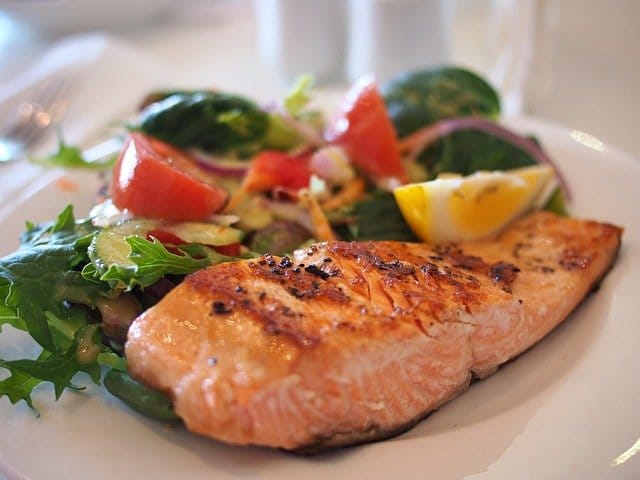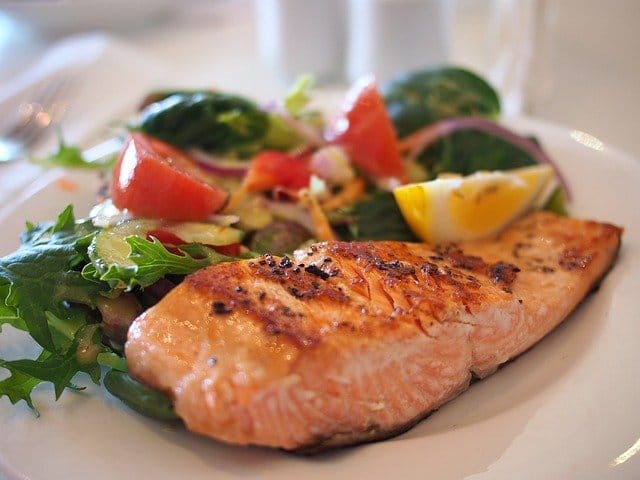National Nutrition Week 2021: Your diet can make you feel depressed
According to a study published in the Public Health Nutrition Journal, a nutritious diet is linked to a significantly reduced risk of developing depressive symptoms. Whereas an unhealthy diet can make you feel more depressed.
Trending Photos
) Pic Courtesy: Pixabay
Pic Courtesy: Pixabay New Delhi: Lack of proper nutrients is often associated with stunted physical growth or weak immunity. But if you do not get a diet that has the proper amount of vitamins, minerals, essential amino acids, and healthy fats, then it can also aggravate your depression. According to a study published in the Public Health Nutrition Journal, a nutritious diet is linked to a significantly reduced risk of developing depressive symptoms.
"The distinctive linking between your diet and emotions tends to stem from the close association between your brain and your gastrointestinal tract, which is often termed as the second brain,” Dr. Siddhant Bhargava, Fitness and Nutritional Scientist told Hindustan Times.
He further explained, “Your GI tract is home to billions of microbes that impact the fabrication of neurotransmitters that carry messages from the gut to the brain. Consumption of wholesome food encourages the growth of good bacteria, which in turn positively affects the generation of these chemical substances. When neurotransmitter production is in good shape, your brain tends to receive these constructive messages loud and clear, and your emotions replicate it. When you switch to a diet of healthy food, you are setting yourself up for lesser mood fluxes, an overall happier outlook, and an enhanced ability to focus."
Dietary changes can help uplift your mood. Below are some food habits to adopt for better mental health.
Avoid Caffeine
Caffeine can disrupt your sleeping pattern, cause stomach irritation and make you restless. Too much caffeine can also lead to dehydration. It is advised to limit caffeine consumption to reduce chances of developing mood disorders.

Eat selenium rich food
A study by Texas Tech University showed that selenium supplementation – 200 micrograms every day for a seven-week period – is linked to improved, mild depressive symptoms by reducing inflammation. Food items like beans, legumes, nuts, fish, eggs, beef, turkey, and chicken are a rich sources of selenium.

Avoid Sugar

Sugary food items give you an instant spike in blood sugar levels - which can temporarily uplift your mood - which is followed by a crash. Which can eventually make you feel unhappy and exhausted.
Eat food rich in vitamin D and omega 3 fatty acids
Food rich in Vitamin D and Omega 3s is linked to a reduced risk of depression. They have neuroprotective compounds like folate, melatonin, vitamin E, and antioxidants that help the brain to build proper neural connections. Walnuts, flaxseeds, chia seeds, fish, red meat are good sources of Vitamin D and Omega 3 fatty acids.

Do not follow extreme diet trends
A person suffering from depression and anxiety can worsen their situation if they remain hungry for a long period of time as our body needs fuel to function - which is provided by food. In its absence, one can experience fatigue and a bad mood.







)
)
)
)
)
)
)
)
)
)
